Breast Cancer: Causes, Symptoms, and Prevention
Breast cancer is one of the most common cancers affecting women, though it can also occur in men. Statistics reveal that approximately 1 in 120 women are at risk of developing this disease, making awareness and prevention essential. By understanding its causes, symptoms, and preventive measures, individuals can make informed decisions to reduce their risk.
Causes and Risk Factors of Breast Cancer
Several factors contribute to the development of breast cancer, including:
- Genetics: A family history of breast or ovarian cancer increases the likelihood of developing the disease.
- Hormonal Influence: High estrogen levels, especially for prolonged periods, may heighten the risk.
- Lifestyle Choices: Unhealthy diets, lack of exercise, and alcohol consumption are known contributors.
- Environmental Exposure: Certain chemicals and toxins may also increase susceptibility.
Symptoms to Watch For
Early detection is crucial for effective treatment. Common symptoms include:
- A lump in the breast or armpit.
- Changes in breast size, shape, or texture.
- Nipple discharge, particularly if it’s bloody.
- Persistent pain in a specific area of the breast.
If any of these symptoms are observed, consult a healthcare provider immediately.
The Role of Diet in Breast Cancer Prevention
Research underscores the significance of a balanced diet in preventing and managing breast cancer. Below are five foods shown to have protective effects:
1. Cruciferous Vegetables
Cruciferous vegetables, such as broccoli, kale, and cabbage, contain powerful phytonutrients that help inhibit the growth of cancer cells. These vegetables are also known to regulate estrogen levels, a key factor in breast cancer development.
2. Healthy Fats
Maintaining a healthy weight is vital in lowering breast cancer risk. Replacing saturated and trans fats with unsaturated fats can improve overall health. Excellent sources of healthy fats include:
- Avocado
- Olive oil
- Nuts and seeds (e.g., walnuts, flaxseeds)
- Fatty fish (e.g., salmon, mackerel)
3. Fish Rich in Omega-3 Fatty Acids
Omega-3 fatty acids found in fish like salmon and sardines possess anti-inflammatory properties that reduce chronic inflammation—a significant contributor to cancer. Studies suggest that omega-3s can lower the risk of breast cancer and support overall heart health.
4. Tomatoes
Tomatoes are rich in lycopene, a potent antioxidant that helps neutralize harmful free radicals. Lycopene also prevents the growth of cancerous cells and supports immune function.
5. Sweet Potatoes
Loaded with beta-carotene, sweet potatoes provide a natural defense against breast cancer. A study from the Journal of the National Cancer Institute revealed that women with higher levels of beta-carotene have a reduced risk of developing the disease.
Foods to Limit or Avoid
To minimize breast cancer risk, reduce or eliminate the following from your diet:
- Alcohol: Even moderate drinking has been linked to increased risk.
- High-sugar foods: Excess sugar promotes weight gain and inflammation.
- Red and processed meats: These are associated with higher cancer risks due to their saturated fat content and preservatives.
- Highly processed foods: Packed with unhealthy additives, they offer little nutritional value.
Additional Preventive Tips
- Exercise Regularly: Physical activity helps maintain a healthy weight and regulate hormones.
- Limit Hormone Therapy: Long-term hormone replacement therapy (HRT) may increase breast cancer risk.
- Schedule Regular Screenings: Mammograms and self-examinations aid in early detection.
- Quit Smoking: Smoking is linked to a variety of cancers, including breast cancer.
While no single approach guarantees complete prevention, adopting a healthy lifestyle significantly lowers the risk of breast cancer. Incorporating nutrient-dense foods, staying active, and avoiding harmful habits can make a profound difference. Always consult healthcare professionals for personalized advice and regular check-ups to ensure early detection and effective management.
By prioritizing your health today, you can reduce the risk of breast cancer and build a foundation for long-term wellness. Visit our Health page to explore more health-focused articles.
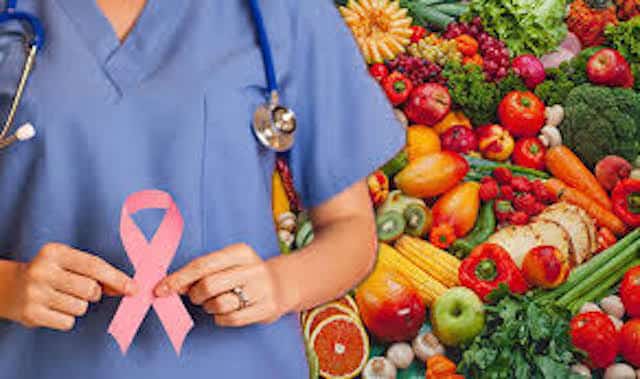


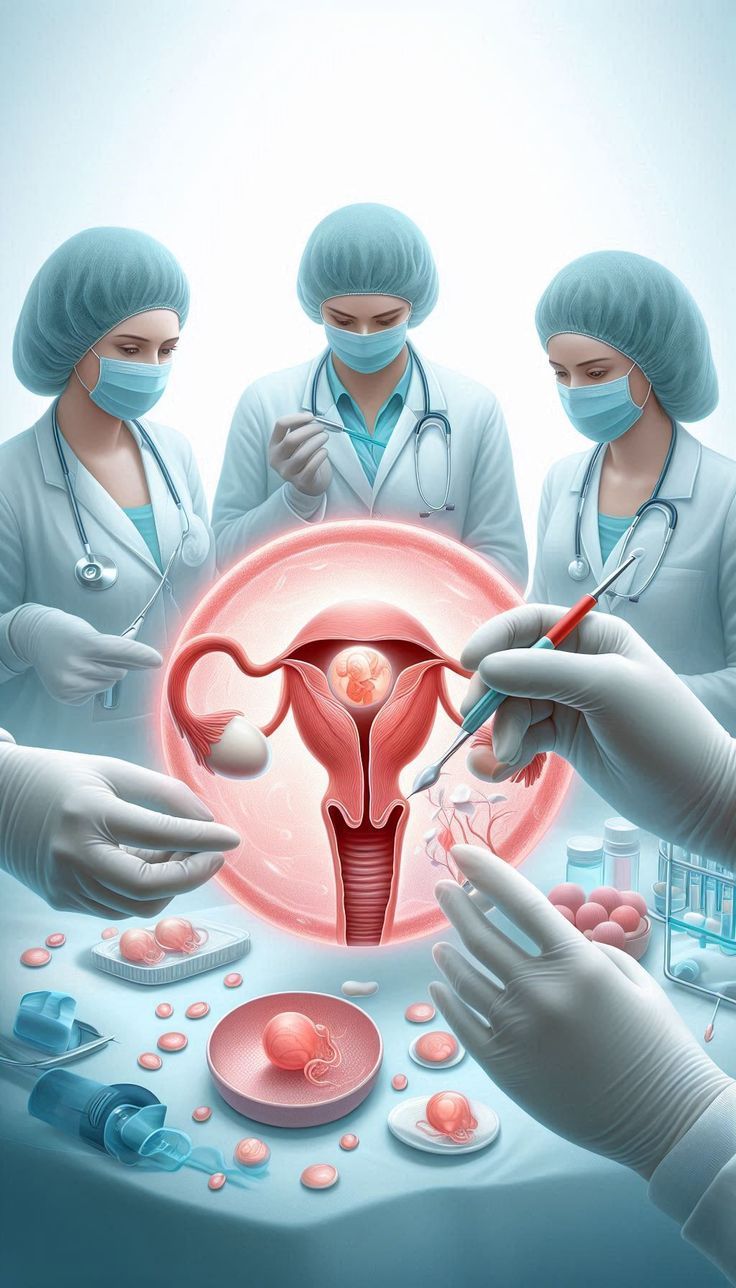
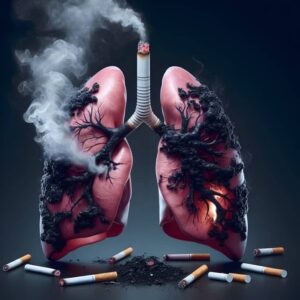

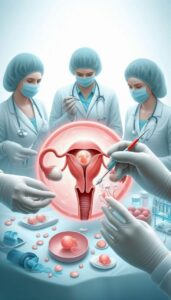



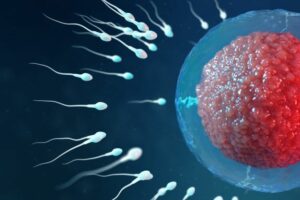



Post Comment